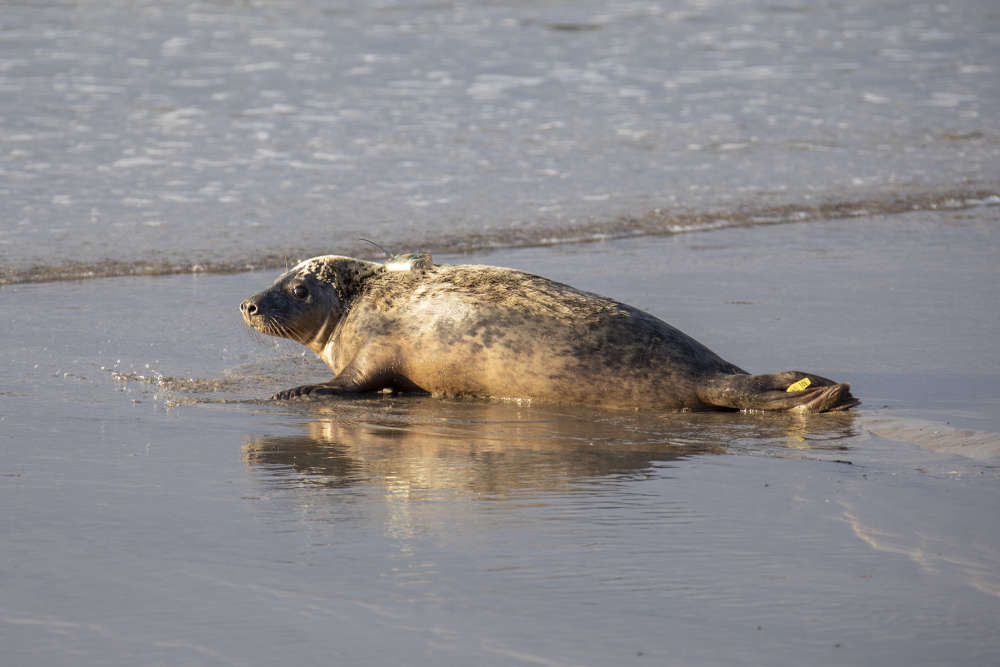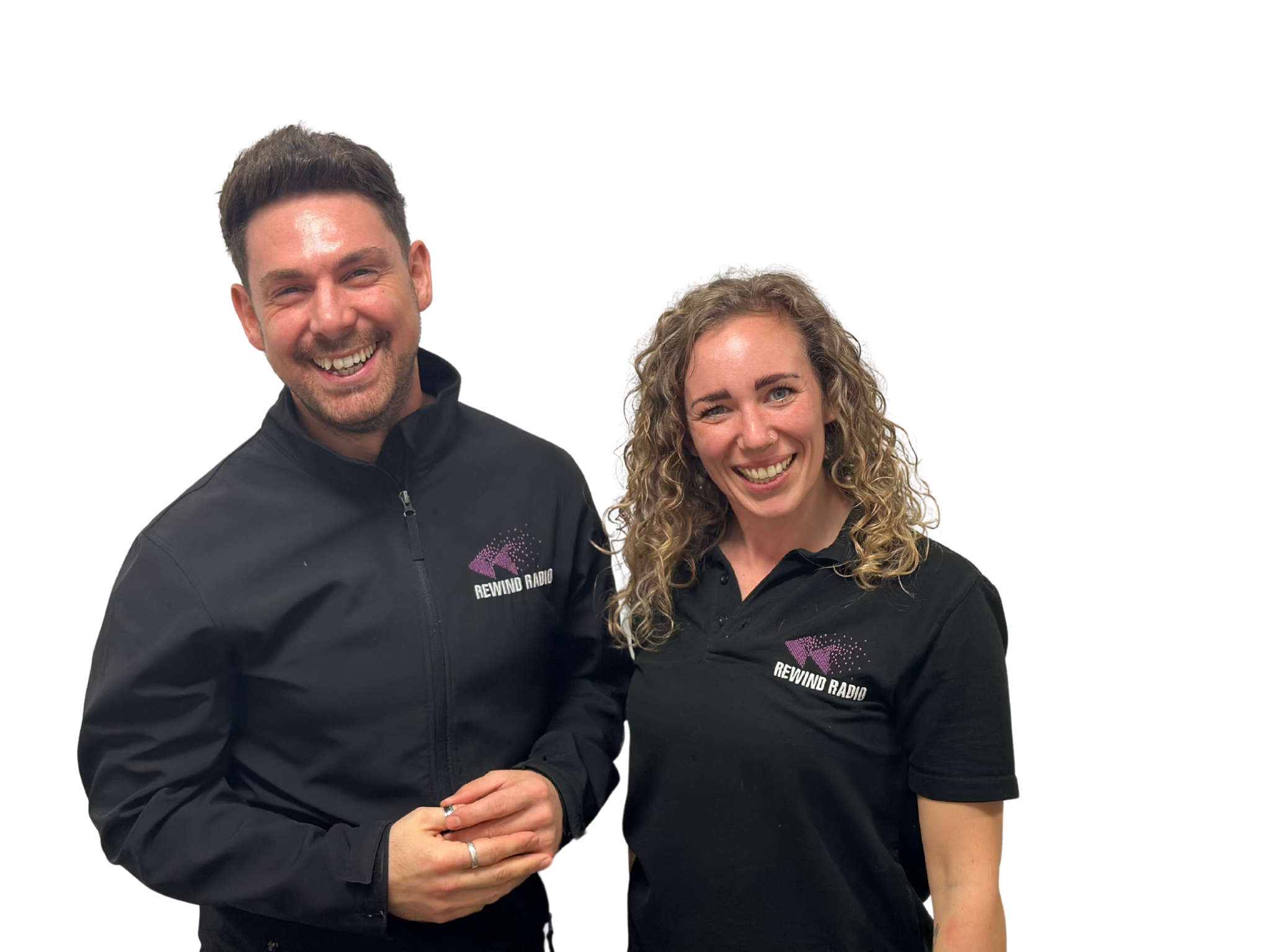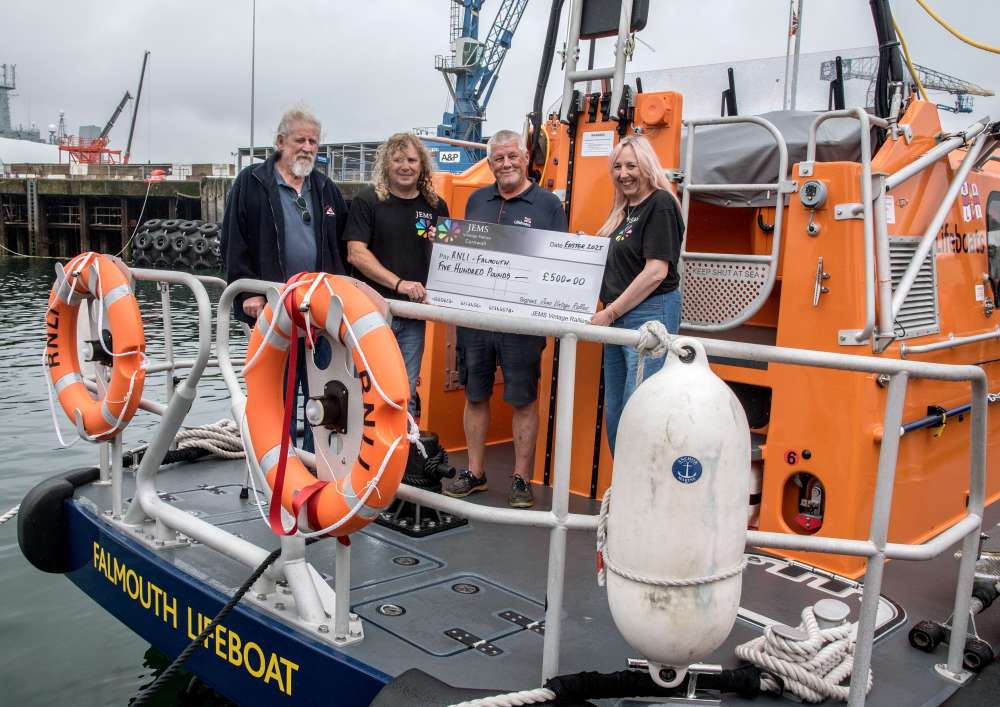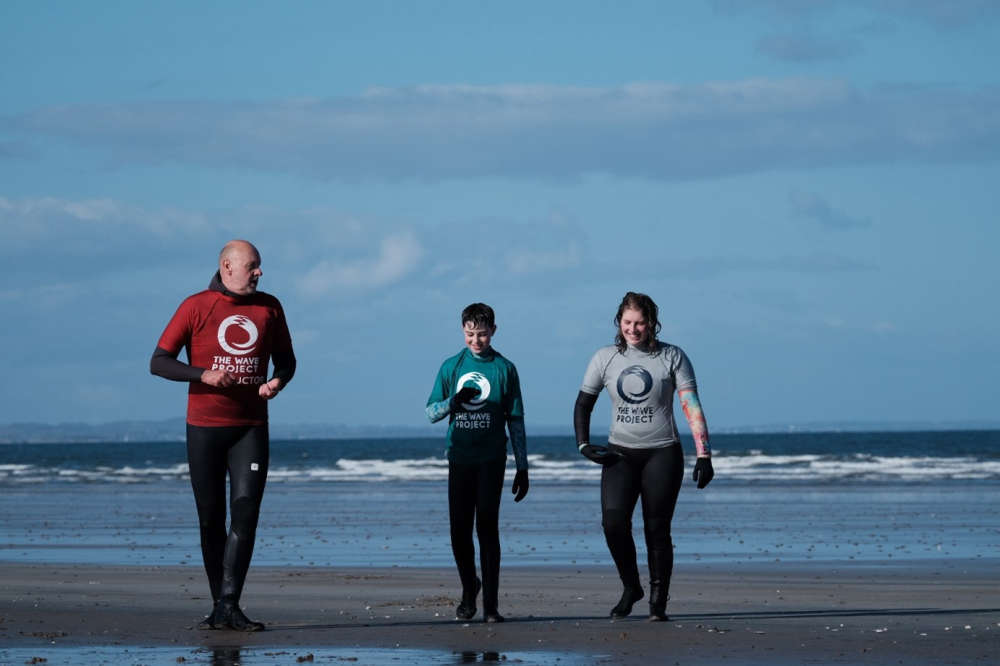
As the Cornish Seal Sanctuary marks the close of another successful pup rescue season, a pioneering new GPS tagging project is shedding light on what happens after the rescue; offering a glimpse into the lives of rehabilitated grey seal pups once they return to the wild.
The exciting trial study run by Dr. Luis Huckstadt of the University of Exeter in cooperation with the Sanctuary has tracked the movements of 16 rehabilitated seal pups released back into UK waters this winter. The data is helping researchers and animal care teams understand how rescued seals reintegrate into their natural environment; and the early results are already surprising the team.
From Cornwall to France, Brixham to Ireland, these young seals are on the move!
The first pup fitted with a tag, Maggot, made an unexpected beeline toward Brittany, travelling over 150 miles. But it was Selkie, rescued from Jersey in January, who became the first to cross international waters; swimming up the River Somme in northern France before settling in the eastern English Channel, where he’s remained for several weeks.
Other tagged seals have shown remarkable homing behaviour. Whirligig, a pup rescued from Weymouth, headed straight back to his local waters after being released, and was even spotted lounging on the pontoons of Brixham Harbour this spring. And Dung Beetle, a pup released in South Cornwall, headed straight for the southern coast of Ireland and is still exploring the seas near Wexford.
"For the first time, we're seeing where these pups go, how quickly they settle, and where they find feeding grounds, the early data gives us valuable insight into the success of rehabilitation and the behaviour of young seals post-release.” Commented Anne Van Domberg, Senior Animal Care Specialist & Research Coordinator at the Cornish Seal Sanctuary.
Thanks to help from Cornwall Seal Group Research Trust and BDMLR, two other tagged seals – JP and Bug – have also been spotted in the wild, feeding and thriving along the Cornish coast.
The project has been made possible thanks to the Sanctuary’s guests and supporters and the dedication of the Sanctuary’s animal care team, who rehabilitated over 30 pups over the 2024/25 winter season; a period that also saw an unusually high number of sick and injured arrivals, requiring intensive veterinary care, surgery and long hours from staff.
"We rescue seals with the aim of releasing strong, healthy animals back into the wild; but thanks to this technology, we’re finally able to follow their stories beyond the shoreline," continues Anne, "It’s amazing to see them thriving, exploring, and in some cases, travelling hundreds of miles. It’s real proof that our work matters. It’s so exciting to see where they head off to and heartwarming to know that they are doing so well out there in the wild”
As the team now turns their attention to summer visitors and ongoing education work, they’re urging the public to continue supporting their mission by donating, visiting, or simply spreading the word: rescued seals deserve a second chance; and now we can see where that chance takes them.
The Sanctuary would also like to remind the public on how to behave around seals in the wild;
Keep a respectful distance from seals; (at least 100 metres) is vital to protect their welfare. Getting too close, even unintentionally, can cause serious disturbance, leading seals to flee into the water, abandon their pups, or injure themselves in panic.
By giving seals plenty of space and observing quietly from afar, we help ensure they can rest, feed, and care for their young without stress.
What YOU Can Do to Help!
- Admire from a distance, 100m minimum.
- Keep clear of large groups and mothers with young
- Keep your dogs under control
- Be calm, quiet and keep your encounter brief
- Leave wildlife and the environment as you found it
- NEVER FEED WILDLIFE!



 Digital Futures Cornwall Extended Until March 2026
Digital Futures Cornwall Extended Until March 2026
 Charity Vintage Rally raises money for Falmouth RNLI
Charity Vintage Rally raises money for Falmouth RNLI
 South West Water’s Better Futures Programme Invites New Applications to Support Local Communities
South West Water’s Better Futures Programme Invites New Applications to Support Local Communities
 Specsavers prize-winner receives mouthwatering goodies
Specsavers prize-winner receives mouthwatering goodies
 Excitement builds for the return of the Cornwall Baby Show
Excitement builds for the return of the Cornwall Baby Show
 South West Water awarded Armed Forces Covenant Silver Award for outstanding support to armed forces community
South West Water awarded Armed Forces Covenant Silver Award for outstanding support to armed forces community
 Wheels, Waves and Stories: The Wave Project Volunteer’s Epic Fundraising Challenge Highlights Surf Therapy Impact Across Cornwall
Wheels, Waves and Stories: The Wave Project Volunteer’s Epic Fundraising Challenge Highlights Surf Therapy Impact Across Cornwall



